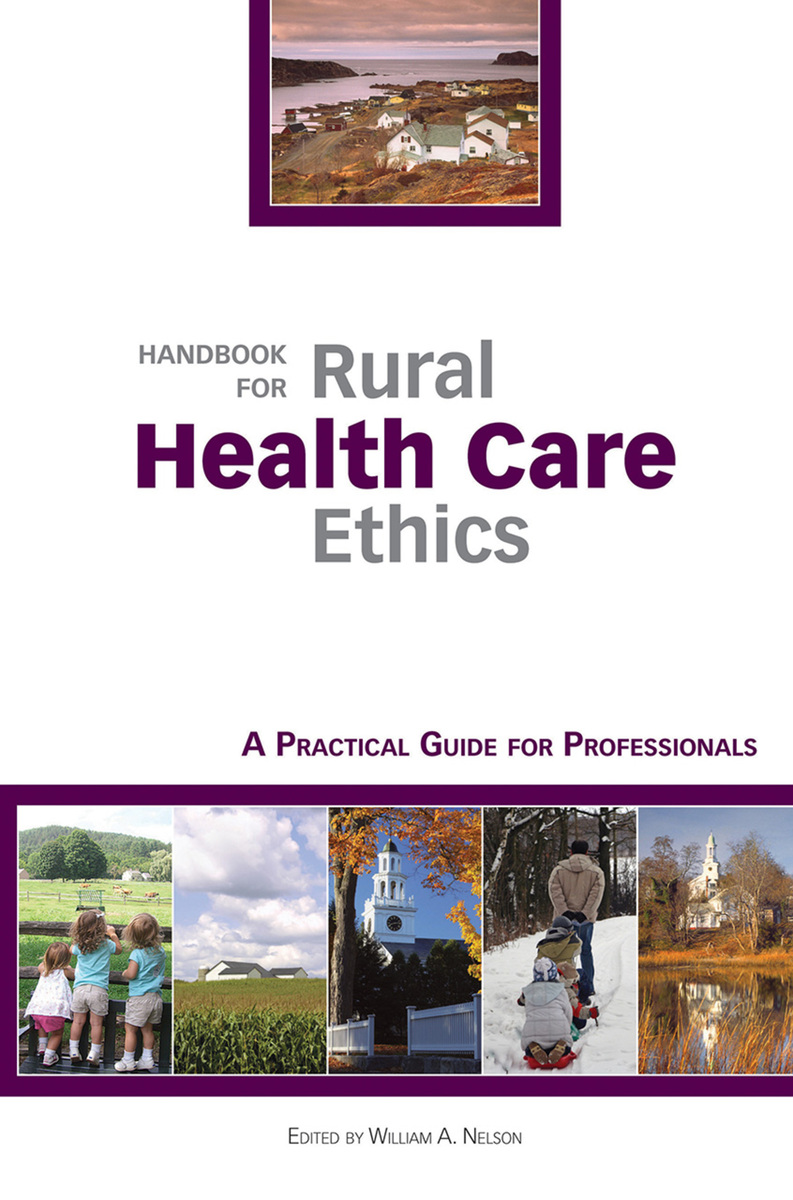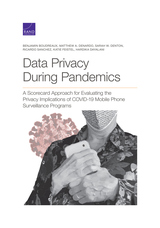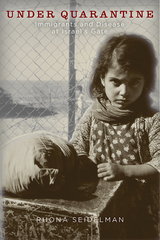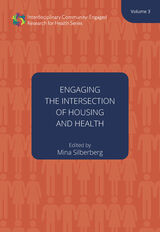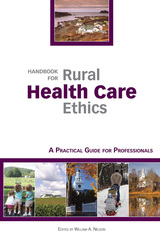Handbook for Rural Health Care Ethics: A Practical Guide for Professionals
Dartmouth College Press, 2010
Paper: 978-1-58465-958-7
Library of Congress Classification RA771.5.H36 2009
Dewey Decimal Classification 362.104257
Paper: 978-1-58465-958-7
Library of Congress Classification RA771.5.H36 2009
Dewey Decimal Classification 362.104257
ABOUT THIS BOOK | AUTHOR BIOGRAPHY | TOC
ABOUT THIS BOOK
The rural community presents not only distinct health care delivery challenges but also ethical problems for clinicians and administrators of small, rural health care facilities. Health care delivered in a rural context—in closely knit, tightly interdependent small community settings—poses unique ethical considerations for clinical practitioners. For example, a provider in a resource-poor rural setting may be faced with treating a family member, friend, business associate, or neighbor, since the role separation between clinician and patient that predominates in the urban setting is less likely to occur in a small town. Because of the unique rural context, the solutions that health care providers develop to resolve complex ethics dilemmas may differ from solutions reached in urban areas. The Handbook for Rural Health Care Ethics is designed to be a useful resource for clinicians and administrators in rural settings. It draws on the available research and real-life examples to paint a picture of challenging, yet all-too-familiar ethics conflicts while offering strategies for a proactive, preventive approach to ethical issues.
See other books on: Ethics | Medical ethics | Moral and ethical aspects | Rural | Rural health
See other titles from Dartmouth College Press
